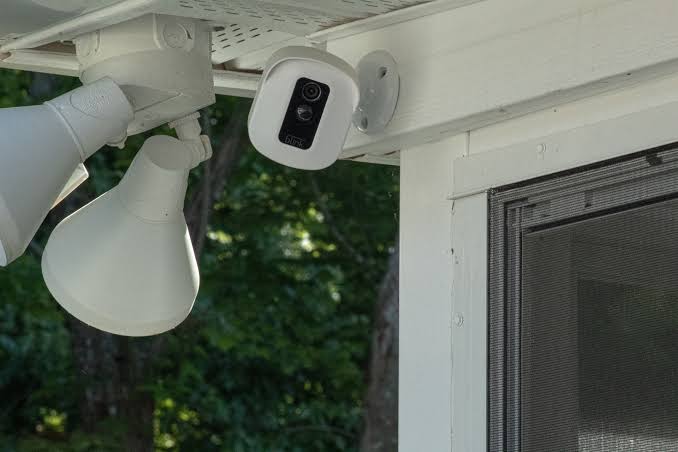
Are you a landlord wondering if you should install security cameras at your rental properties? Well, the answer is a resounding yes!
The safety and well-being of your tenants is a top priority, and security cameras can play a crucial role in that. By installing cameras, you can provide increased security and deter crime, giving your tenants peace of mind.
So, let’s explore the benefits, legal requirements, proper placement, signage regulations, and next steps for landlords considering installing security cameras at their rental properties.
Benefits of Installing Security Cameras
Installing security cameras at your rental property offers several benefits that can enhance the safety and security of both your tenants and the community.
One of the main advantages is that it helps deter crime and increase security. By having outdoor security camera for apartments strategically placed in areas such as entrances, parking lots, and common areas, you can create a sense of safety and discourage potential criminals.
Additionally, having security cameras can provide reassurance to your tenants about their safety, as they know that their surroundings are being monitored. It also allows you to verify reports of suspicious activity and potentially reduce crime rates in the community.
Legal Requirements for Camera Installations
When considering the installation of security cameras as a landlord, it’s important to understand the legal requirements for camera installations in order to ensure compliance and protect the rights and privacy of tenants.
Research the laws in your state regarding visual and audio recordings, as some states require two-party consent for audio recordings.
Cameras shouldn’t be installed in areas where there’s a reasonable expectation of privacy, such as tenants’ homes. Respect tenants’ private spaces and limit cameras to public areas. If you choose to use hidden cameras, tenant notification may be necessary.
Consider tenant requests for camera placement, but always follow legal restrictions. Additionally, be aware of any signage requirements in your state and consider putting up signs as a courtesy to tenants and as a deterrent to crime.
Prioritize tenant safety and privacy by understanding and complying with the legal requirements for camera installations.
Proper Placement of Security Cameras
Where to put security cameras in rental properties to ensure tenant safety and privacy?
When it comes to where to place outdoor security cameras, it’s essential to strike a balance between ensuring tenant safety and respecting their privacy. Avoid placing cameras in private spaces such as tenants’ homes, as this would invade their privacy. Instead, focus on publicly accessible areas where cameras can effectively monitor and deter potential criminal activity.
Consider any tenant requests for camera placement, but always adhere to legal restrictions. If tenants desire additional surveillance inside their rental units, allow them to install their own cameras.
Signage Requirements for Camera Installations
To ensure compliance with legal regulations and provide transparency to tenants, it’s important for landlords to be aware of the signage requirements for camera installations at rental properties.
Signage plays a crucial role in notifying tenants and visitors that they’re being recorded, which helps maintain their privacy rights and prevents potential legal issues.
While signage requirements vary by state, it’s advisable to check the specific laws in your area. Even if not legally required, putting up signs can still be good practice.
Signs can serve as a courtesy to tenants, reminding them of the presence of cameras and deterring potential criminals.
Conclusion and Next Steps
To wrap up the discussion on signage requirements for camera installations, it’s important for landlords to consider the next steps in ensuring a trustworthy security system for their rental properties.
Installing security cameras is a crucial step in enhancing the safety and security of your rental property. However, it’s essential to understand and comply with state laws regarding camera installations to avoid any legal issues.
Prioritize the safety and privacy of your tenants by avoiding the placement of cameras in private spaces and respecting their rights.
Additionally, consider implementing additional security measures beyond cameras to further enhance the security of your rental property.
Stay informed about the latest trends and updates in security systems to continuously improve the overall safety of your rental properties.
Conclusion
In conclusion, installing security cameras at your rental properties can greatly benefit both you as a landlord and your tenants.
Not only do cameras provide increased security and deter crime, but they can also improve tenant retention and attraction.
However, it’s important to be aware of and comply with the legal requirements for camera installations in your state.
Proper placement and clear signage are also essential to respect privacy while maintaining public safety.
Take the necessary steps to ensure the safety and well-being of your tenants.
